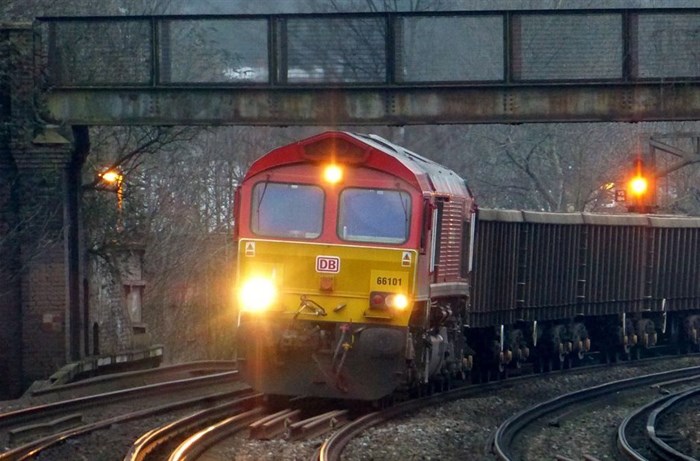Perhaps the most pressing requirement to improve economy in the region is the need for better transportation links between African states, particularly in the form of rail networks.
{{image}
The establishment of a continent-wide trade bloc is an ambitious project, and one that could move the needle in terms of reducing poverty and promoting Africa’s industrialisation. Other regions, including the European Union (EU), offer good case studies on the benefits of economic integration, trade liberalisation, customs efficiencies, and the seamless movement of capital, goods and people across borders.
With its strong road, rail and air transport links, the EU model reflects just how important it is to remove non-tariff barriers to trade. According to a May 2019 report by the International Monetary Fund (IMF), non-tariff barriers in Africa are high "and represent a critical obstacle to trade". The IMF says a reduction in ground transportation costs are “especially critical” to encouraging intra-regional trade and making a success of African Continental Free Trade Area (AfCFTA).
The development of a comprehensive African rail network is the single biggest opportunity in that regard.
A reliable rail network would allow for the efficient movement of goods, businesspeople and tourists across the continent, while also improving Africa’s links to the rest of the world, particularly the continent’s landlocked nations. Rail is also a sustainable solution given that it is far more environmentally friendly than road and air transport – Africa’s natural environment is one of its greatest assets, and it must be protected. Rail investments stimulate economies while reducing carbon emissions and urban congestion – a major issue and growth impediment in many African cities.
As Africa is making investments in rail industry, green transportation and sustainable mobility should be a priority. Backed by new regulations and environmental groups, the global trend towards greener forms of transport is affecting multiple industries including the rail industry.
Several alternatives to diesel trains are currently being developed worldwide including:
• Hydrogen fuel cells in trains: work by generating power through an onboard fuel cell that combines hydrogen and oxygen
• Battery-powered locomotives: battery system that can be recharged by overhead wires on electrified tracks or by charging stations on non-electrified routes
• Liquefied natural gas: (LNG) is being used in the rail industry as an option for dual-fuel locomotives
These investments will help develop a zero-emission, energy-efficient and cost-effective alternative to diesel trains. Deploying fuel cell and battery technology for rail transportation will usher in a new era for non-electrified routes.
Bombardier Transportation, which designed and supplied a fleet of 96 rail vehicles for South Africa’s world-class Gautrain system, sees a golden era ahead for Africa’s rail sector, which has suffered from chronic under-investment in recent decades.
Today, African freight and passenger transport is heavily reliant on road infrastructure. In South Africa, the continent’s most advanced economy, nearly 90% of freight is moved by road, for example. That is a staggering proportion, and this overreliance means that our roads need to be constantly repaired while traffic congestion worsens in the face of urbanisation. Worse still, the lack of focus on rail until recently has placed a drag on South Africa’s exports.
Thankfully, the South African government is reinvesting in the country’s rail links – a move that Bombardier Transportation fully supports. Going forward, these efforts need to be increasingly coordinated with the country’s neighbours.
South Africa also has an opportunity to become a major rail manufacturing hub as the continent invests in railway infrastructure, including new trains, signalling systems and general maintenance. Rail will play an important role in Africa’s future, and Bombardier Transportation is keen to apply its global expertise and solutions to propel the continent forward.
Ultimately, rail’s contribution towards an integrated transport network will help Africa to attract investment and to be competitive in the global trade arena. Rail is the only sustainable transportation solution to many of today’s environmental, social and economic challenges and Bombardier is looking forward to moving millions daily safely in the African region






























